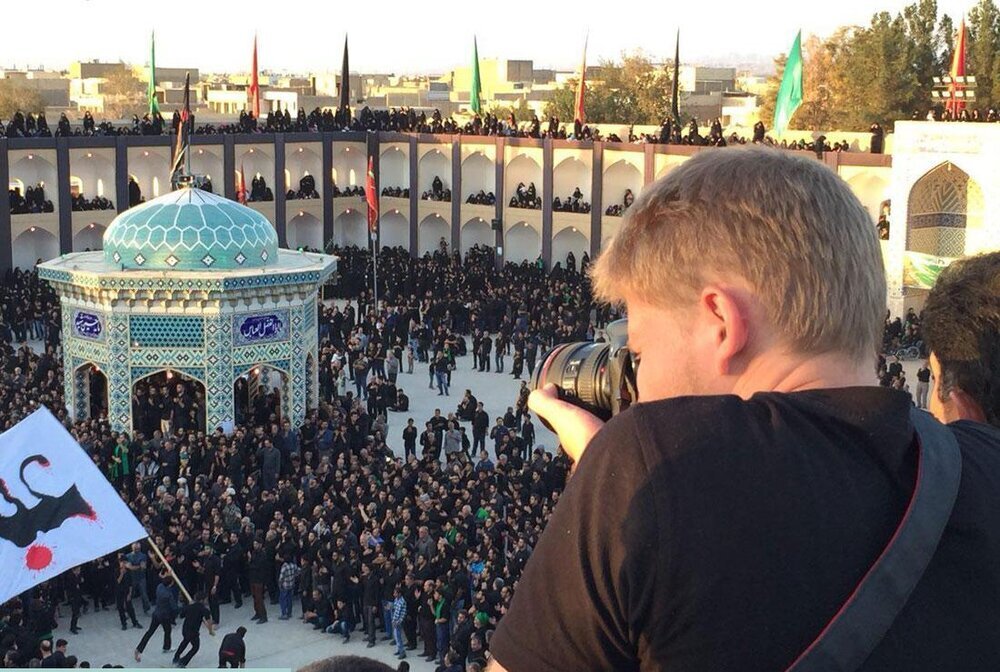Yazd is to hold over 100 special religious rituals, provincial tourism chief says

TEHRAN – Yazd will be hosting more than one hundred special religious rituals during the ensuing lunar months of Muharram and Safar to commemorate the slaying of Imam Hussein (AS), grandson of the Prophet Mohammed (PBUP), the provincial tourism chief has said.
“Yazd has long been a destination of many domestic and foreign tourists during the (lunar) months of Muharram and Safar when many rituals and special mourning ceremonies were being performed by local citizens,” Ahmad Akhoundi said on Tuesday.
“This year, special mourning programs are planned to be held to get (foreign) tourists familiar with religious ceremonies held during these two months, especially on the days of Tasua and Ashura,” the official said.
Over the past decade, Yazd has been a major destination for foreign tourists on the ninth and the tenth days of Muharram (Tasua and Ashura) when the mourning ceremonies reach their climax.
Holidaymakers can witness various ceremonies such as Tazieh, a passion play inspired by historical and religious narrations, and Sineh-Zani [beating the chest]. They also converse with locals and religious figures while taking shots of mourners to document the events.
From a theological approach, religious rituals are perhaps a recreation of collective memories that help to shape what is known as collective identity, an essential foundation for a sense of belonging. One such ritual is the mourning ceremony. Rich with symbolism, most of which have historical values, these ceremonies are a platform where communal beliefs and ideas about life and death are acknowledged and as people unite in grief and hope for consolation, they search for new meanings of life and reevaluate and confirm the foundation of their beliefs.
Muharram and the following month, Safar (which includes commemoration of the aftermath of Karbala) are a period of lamentation for Muslims. War and fighting are prohibited during Muharram and festivities like weddings and birthdays are usually postponed to more appropriate days. People generally wear black out of respect or at least avoid wearing very bright colors.
They say the core meaning of Muharram is beyond such mere bereavement and commemoration of the past. Karbala was an actual and metaphorical venue where the Truth confronted the Lie, where justice spoke vibrant and audible in the face of prejudice, and where courage, passion, and devotion preceded attachment, worldliness, and obstinacy.
The saga is narrated to tell us that compared to the Pyrrhic and momentary victory of injustice, integrity and honesty will always stand the test of time as today the life of Imam Hussein (AS) is honored by millions across the world while the account of his enemies is nearly lost in oblivion. The story also lives to tell us that the majority is not always right. Even if the army of Truth is small in number, it still is magnanimous in what it stands for.
AFM
Leave a Comment